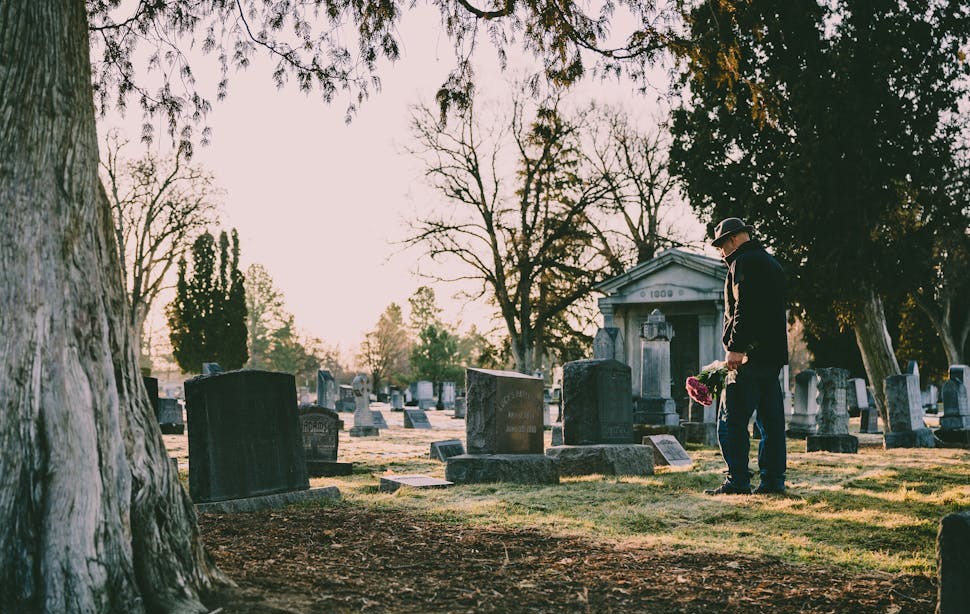Average Wrongful Death Settlement in Winston-Salem, NC

At McMinn, Logan & Gray, PLLC, we’ve sat with hundreds of grieving families in Winston-Salem and throughout North Carolina. The question comes up in almost every conversation: “What is a wrongful death claim worth?” Behind this question, we hear the real concerns – Will we be okay financially? Will there be justice? Can we afford the care our children need now?
No settlement brings back your loved one. We don’t pretend it does. But compensation provides financial stability during life’s darkest moments and holds responsible parties accountable for their actions.
What North Carolina Law Says About Wrongful Death Claims
Under North Carolina law, a wrongful death occurs when someone dies due to another person’s negligence or wrongful act – the same actions that would have allowed the victim to file a personal injury claim had they survived.
We help families with wrongful death cases resulting from many situations:
- Car and truck accidents on I-40, Silas Creek Parkway, and other local roads
- Medical mistakes at Winston-Salem hospitals and clinics
- Workplace accidents at manufacturing facilities and construction sites
- Dangerous products that manufacturers should have made safer
- Accidents on poorly maintained properties
Only the personal representative of the deceased’s estate can file a wrongful death claim in North Carolina. This representative pursues the case for surviving family members who will ultimately receive compensation.
Factors Affecting the Value of Your Claim
We’ve handled wrongful death cases ranging from the hundreds of thousands to millions of dollars. The specific value depends on numerous factors unique to each situation.
Financial Losses
North Carolina allows recovery for various economic damages:
- Medical expenses from the final injury or illness
- Funeral and burial costs (which average $7,000-$12,000 in our state)
- Lost income and benefits the deceased would have earned
- Value of services the person provided at home
- Loss of inheritance and financial support
When evaluating these losses, we examine everything from medical records to employment history. For younger victims or those with specialized careers, we often work with economists who project decades of lost earnings.
Non-Financial Losses
Some of the most significant damages aren’t financial. North Carolina recognizes the profound personal losses families suffer:
- Pain and suffering the deceased experienced before death
- Loss of care, companionship, and guidance
- Emotional distress for surviving family members
- Loss of protection and assistance
These damages often form the largest portion of wrongful death settlements, reflecting the true human cost of the loss.
Punitive Damages in Egregious Cases
When deaths result from particularly reckless or intentional misconduct, courts may award punitive damages. These don’t directly compensate the family but punish the wrongdoer and deter similar behavior.
North Carolina caps punitive damages at either three times the compensatory damages or $250,000, whichever is greater. However, certain exceptions exist for cases involving impaired driving and other specific circumstances.
Practical Considerations That Affect Recovery
Even when losses are substantial, practical limitations sometimes affect recovery amounts:
- Insurance policy limits of the responsible party
- Assets available from corporate defendants
- Whether multiple parties share liability
- The deceased’s age, health status, and life expectancy
- The deceased’s income and earning capacity
- Contributory negligence (in North Carolina, any contributory negligence can bar recovery)
Wrongful Death Settlement Ranges in North Carolina
While each case differs significantly, settlements and verdicts in North Carolina typically fall into these general ranges:
- $250,000 to $500,000: Cases involving elderly victims, limited economic damages, or significant liability questions
- $500,000 to $1.5 million: Cases with clear liability and moderate economic damages
- $1.5 million to $5 million: Cases involving primary wage earners with dependents or particularly negligent conduct
- $5 million and above: Cases involving young victims with high earning potential, extraordinary circumstances, or corporate negligence
These ranges merely provide context. The value of your specific claim depends entirely on its unique circumstances.
The Legal Process for Wrongful Death Claims
Pursuing a wrongful death claim involves several stages:
- Initial investigation: We gather police reports, medical records, witness statements, and other evidence to establish liability.
- Case filing: We file the lawsuit within North Carolina’s two-year statute of limitations.
- Discovery phase: Both sides exchange information through document requests, written questions, and depositions.
- Negotiation: We engage with the defendant’s representatives to pursue a fair settlement.
- Mediation: Many cases resolve through mediation, where a neutral third party helps facilitate agreement.
- Trial: If necessary, we present the case before a judge or jury.
From start to finish, the process typically takes one to three years, depending on the case complexity and whether it settles or goes to trial.
Statute of Limitations: A Critical Deadline
North Carolina law strictly enforces a two-year deadline for filing wrongful death lawsuits, measured from the date of death. Missing this deadline almost always means permanently losing your right to compensation, regardless of how strong your case might be.
Limited exceptions exist, but they’re rare and difficult to establish. We urge families to consult with a wrongful death attorney as soon as they feel able to discuss their situation.
Common Questions About Wrongful Death Claims
Who receives the compensation in a wrongful death case?
After paying attorney fees, reasonable expenses, and outstanding medical bills, the remaining compensation goes to beneficiaries according to North Carolina’s intestate succession laws, unless the deceased left a valid will specifying otherwise.
How do you prove negligence in a wrongful death case?
We must establish four elements: duty of care, breach of that duty, causation, and damages. This requires gathering extensive evidence including expert testimony, witness statements, physical evidence, and documentation.
How long do wrongful death cases take to resolve?
While straightforward cases might settle within 8-12 months, complex cases involving corporate defendants or disputed liability often take 2-3 years to reach resolution.
Finding Support and Justice After Loss
At McMinn, Logan & Gray, we’ve guided countless families through the wrongful death claim process. We approach each case with both legal expertise and genuine compassion, understanding the profound impact of your loss.
Our attorneys shoulder the legal burden so you can focus on your family and grief. We handle insurance companies, investigate responsible parties, calculate fair compensation, and fight for your rights through every step of the legal process.
If you’ve lost a family member due to someone else’s negligence or wrongful act, we invite you to contact us for a free consultation. We’ll discuss your situation, explain your legal options, and help you understand what your case might be worth—with no upfront costs or obligation.
